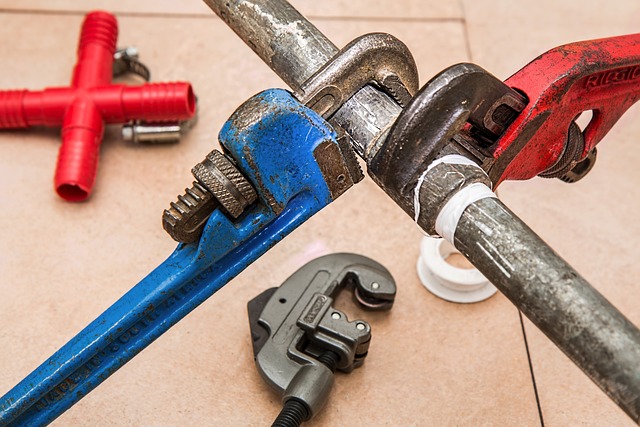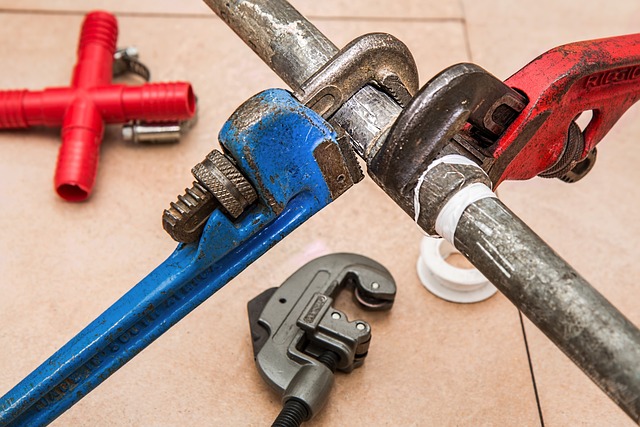The Importance of Regular Pipe Inspections for Smooth Sewer Line Operations in Philly
Pipe Patrol: Ensuring Smooth Sewer Line Operations in Philly
The Importance of Regular Pipe Inspections for Smooth Sewer Line Operations in Philly
Maintaining smooth sewer line operations is crucial for any city, and Philadelphia is no exception. With a population of over 1.5 million people, the city’s sewer system is under constant pressure to handle the daily waste generated by its residents and businesses. To ensure the efficient functioning of this vital infrastructure, regular pipe inspections are of utmost importance.
Regular pipe inspections play a crucial role in identifying potential issues before they escalate into major problems. By proactively examining the condition of sewer pipes, city officials and maintenance crews can detect early signs of deterioration, blockages, or leaks. This allows them to take prompt action and prevent costly and disruptive sewer line failures.
One of the primary reasons why regular pipe inspections are essential is the aging infrastructure in Philadelphia. Many of the city’s sewer pipes were installed decades ago and are now reaching the end of their lifespan. These aging pipes are more susceptible to cracks, corrosion, and collapses, which can lead to sewage backups, flooding, and environmental contamination. By conducting regular inspections, city officials can identify these vulnerable areas and prioritize repairs or replacements accordingly.
Furthermore, regular pipe inspections help to ensure compliance with environmental regulations. Philadelphia, like many other cities, has strict guidelines in place to protect its waterways from pollution. Sewer line failures can result in the discharge of untreated sewage into rivers and streams, posing a significant threat to public health and the environment. By regularly inspecting sewer pipes, city officials can identify potential sources of pollution and take corrective measures to prevent any violations.
In addition to preventing major failures and environmental contamination, regular pipe inspections also contribute to cost savings. Identifying and addressing minor issues early on can prevent them from escalating into more significant and expensive problems. By investing in regular inspections, the city can avoid costly emergency repairs, minimize disruptions to residents and businesses, and extend the lifespan of its sewer infrastructure.
To conduct these inspections, Philadelphia employs a variety of advanced technologies. One commonly used method is closed-circuit television (CCTV) inspection, where a camera is inserted into the sewer pipes to capture real-time footage. This allows inspectors to visually assess the condition of the pipes, identify blockages or leaks, and determine the appropriate course of action.
Another technology used in pipe inspections is sonar imaging. By emitting sound waves into the pipes, sonar imaging can create detailed images of the interior, revealing any structural abnormalities or obstructions. This non-invasive method is particularly useful for inspecting larger diameter pipes or areas that are difficult to access.
In conclusion, regular pipe inspections are vital for ensuring smooth sewer line operations in Philadelphia. By proactively identifying and addressing potential issues, city officials can prevent major failures, protect the environment, and save costs. With the use of advanced technologies, such as CCTV and sonar imaging, these inspections have become more efficient and accurate. As Philadelphia continues to grow and evolve, maintaining a well-functioning sewer system will remain a top priority, and regular pipe inspections will play a crucial role in achieving this goal.



